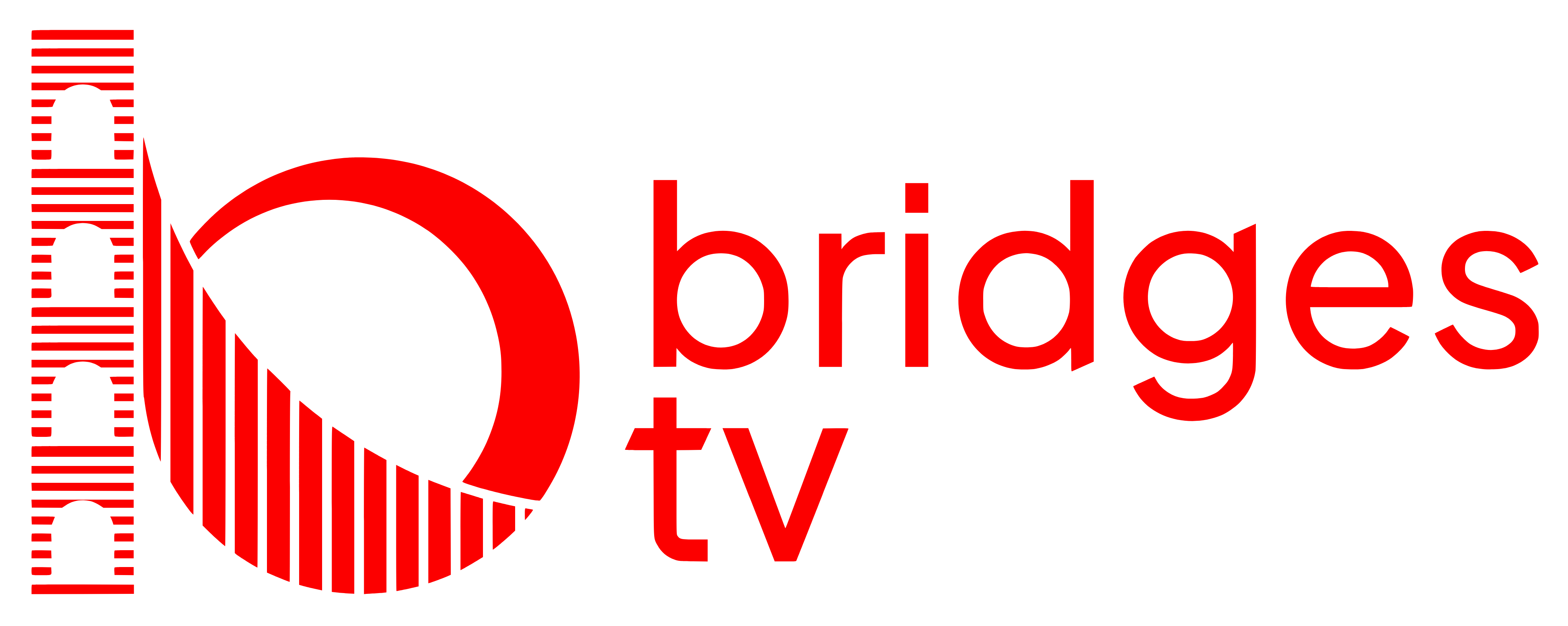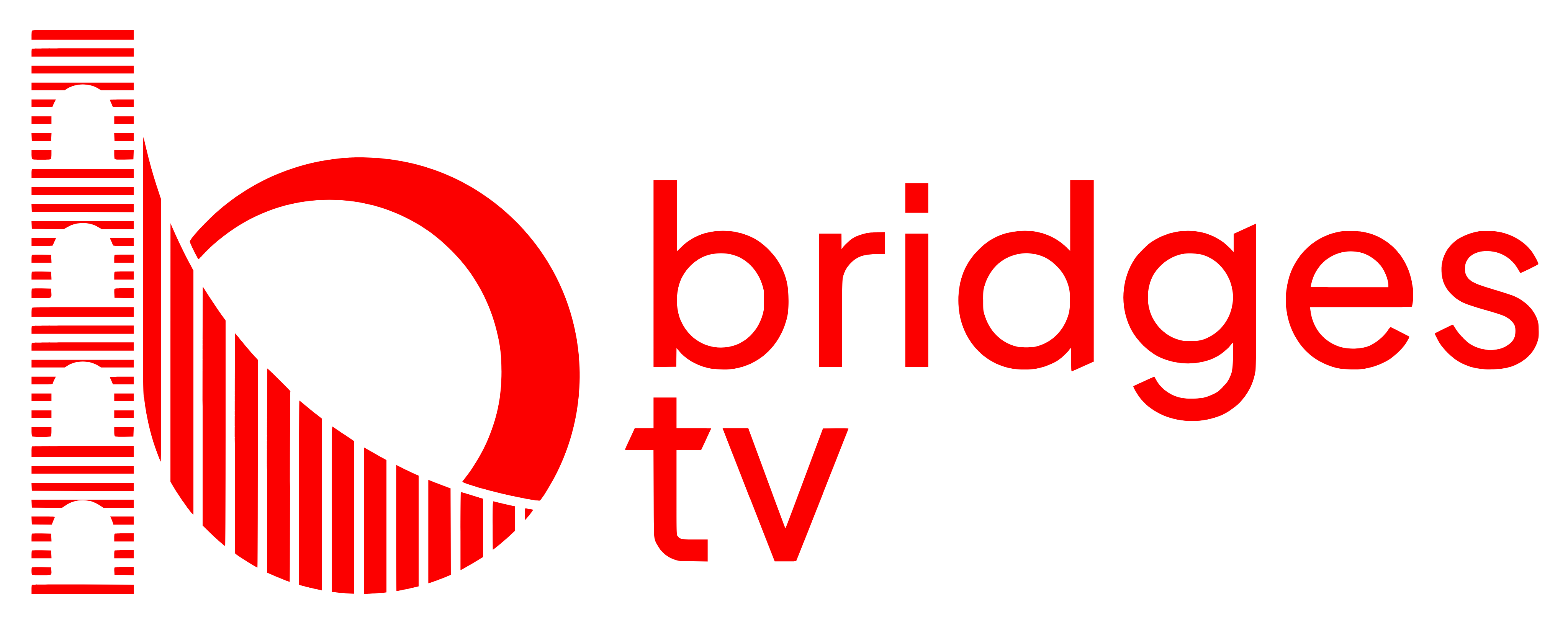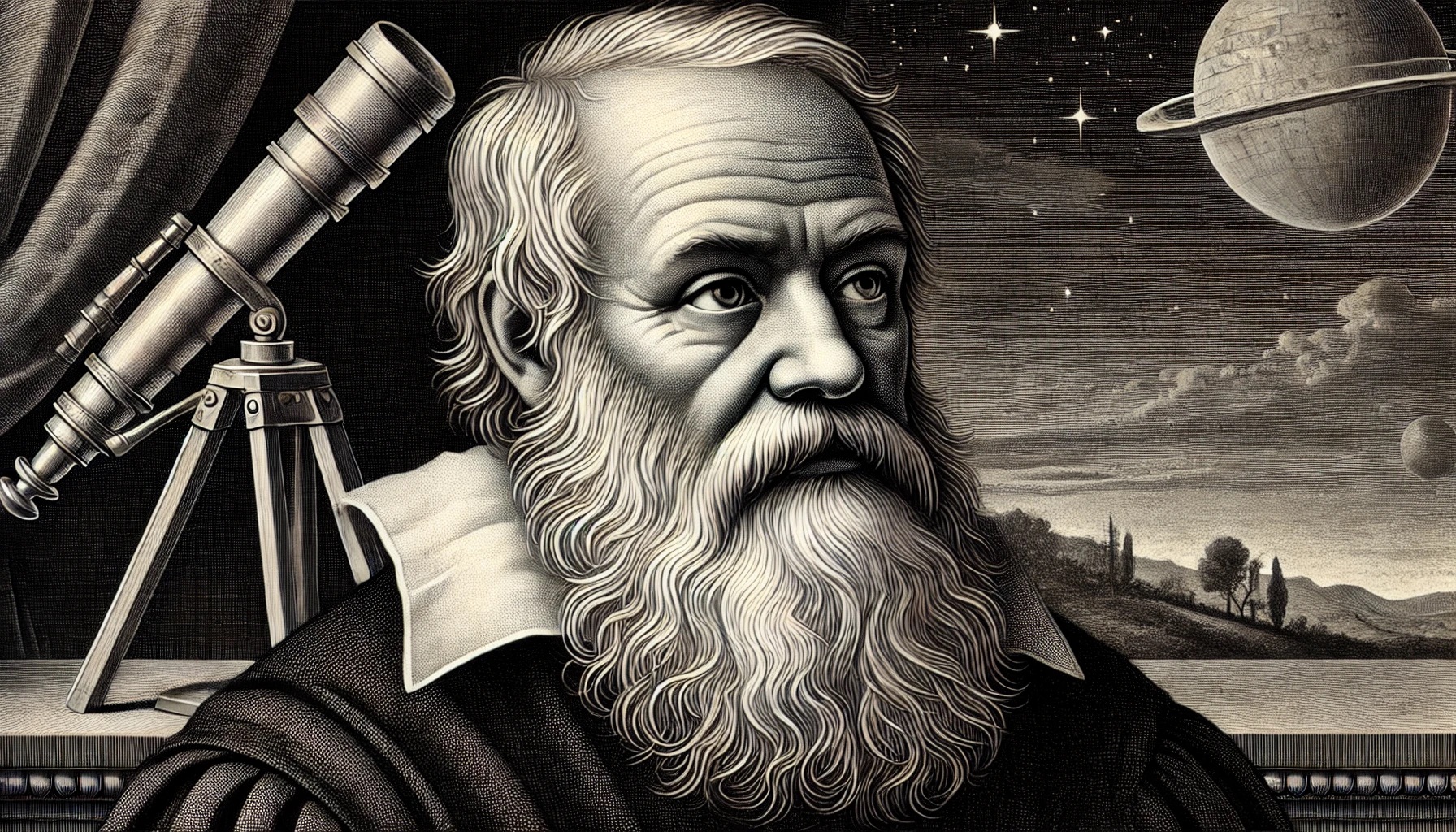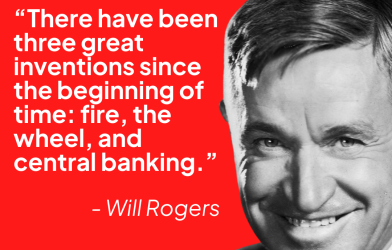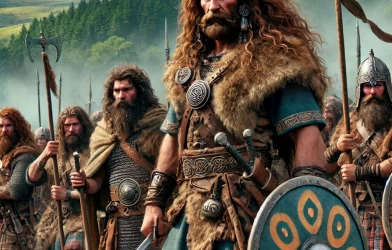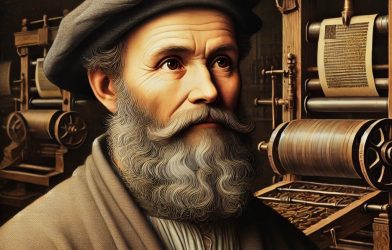Galileo Galilei, born on February 15, 1564, in Pisa, Italy, is often hailed as the “father of modern science.” He made significant contributions to the fields of physics, astronomy, mathematics, and philosophy. His work laid the foundation for many scientific principles that we take for granted today.
Galileo was the eldest of six children in his family. His father, Vincenzo Galilei, was a renowned musician and scholar, and his mother, Giulia degli Ammannati, came from a family of minor nobility. Despite his family’s financial struggles, Galileo showed a keen interest in learning from a young age.
Galileo’s most famous contribution is arguably his improvements to the telescope. While he did not invent the telescope, he significantly enhanced its design. In 1609, he built a telescope capable of magnifying objects up to 20 times. With this instrument, he made several groundbreaking astronomical discoveries. He discovered four moons orbiting Jupiter—Io, Europa, Ganymede, and Callisto—now known as the Galilean moons. This was a pivotal observation that challenged the geocentric model of the universe, which held that all celestial bodies revolved around the Earth. He observed that Venus exhibited phases similar to the Moon, providing evidence that Venus orbited the Sun, further supporting the heliocentric model proposed by Copernicus. Galileo’s observations revealed that the Moon’s surface was not smooth but covered with craters and mountains, contradicting the prevailing belief that celestial bodies were perfect spheres. He also documented sunspots on the surface of the Sun, demonstrating that the Sun was not immutable and perfect as previously thought.
Galileo's support for the heliocentric model brought him into conflict with the Catholic Church. In 1616, the Church declared heliocentrism heretical. Galileo was tried by the Roman Inquisition in 1633 and found guilty of heresy. He was forced to recant his views and spent the rest of his life under house arrest.
In the realm of physics, Galileo conducted experiments that laid the groundwork for classical mechanics. He is famous for his studies on the motion of objects. Galileo formulated the principle of inertia, which states that an object in motion will remain in motion unless acted upon by an external force. This principle was later refined by Sir Isaac Newton. Through experiments involving inclined planes and falling objects, Galileo determined that objects accelerate uniformly under gravity, regardless of their mass.
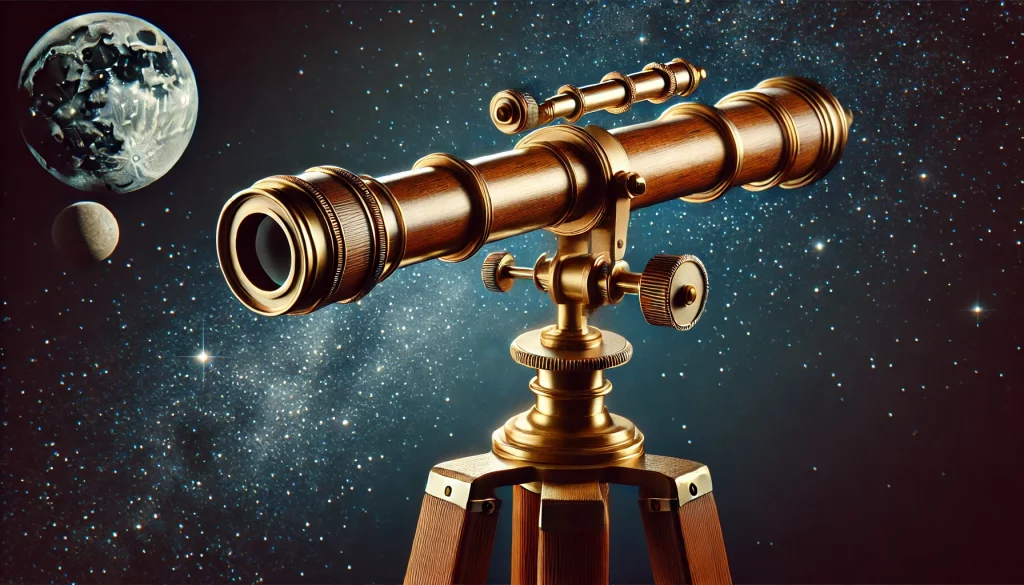
Galileo emphasized the importance of mathematics in understanding the natural world. He argued that the laws of nature were written in the language of mathematics, and he advocated for a systematic approach to scientific inquiry, which involved observation, experimentation, and mathematical analysis.
Galileo Galilei’s contributions to science were revolutionary. His insistence on observation, experimentation, and mathematical rigor laid the groundwork for modern scientific methods. Despite facing significant opposition and personal hardship, his discoveries forever changed our understanding of the universe and solidified his legacy as one of history’s greatest scientists.
